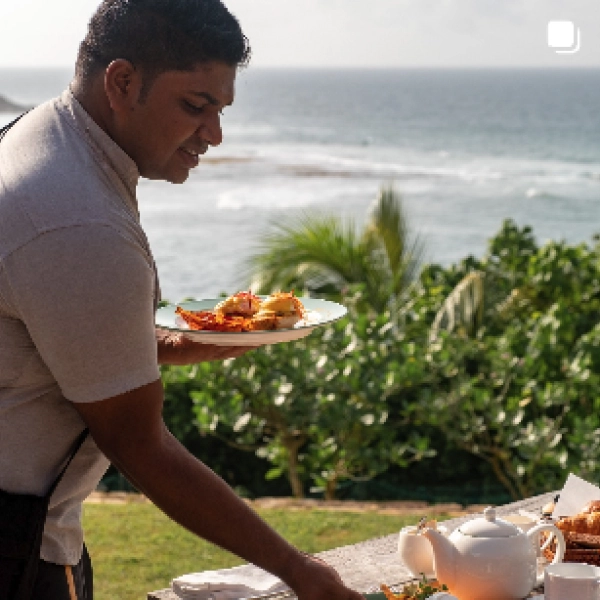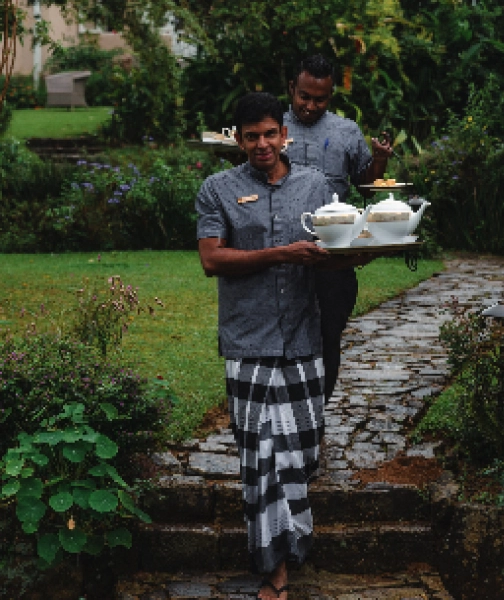Find your next adventure

27.06.2025
Leading with Vision – Resplendent Ceylon Appoints Dilshan Gnanapragasam as Chief Commercial Officer
Resplendent Ceylon, Sri Lanka’s leading luxury hospitality brand and the leisure arm of Dilmah, is pleased to announce the promotion of Dilshan Gnanapragasam to the position of Chief Commercial Officer (CCO). This well-earned advancement follows over nine years of dedicated service to the company, during which Dilshan most recently held the role of Senior Vice President – Commercial.
select your Journal type:
No found data
Discover Your Luxe Escape
Traverse the wilderness, find stillness beside the ocean, and reconnect in nature with meaningful experiences that seek to share the best of Sri Lanka with curious, discerning travellers.
resplendent Ceylon in the press
Revel in the allure of Sri Lanka through Resplendent Ceylon’s tea, sea and safari themes.
harpers bazaar singapore


















